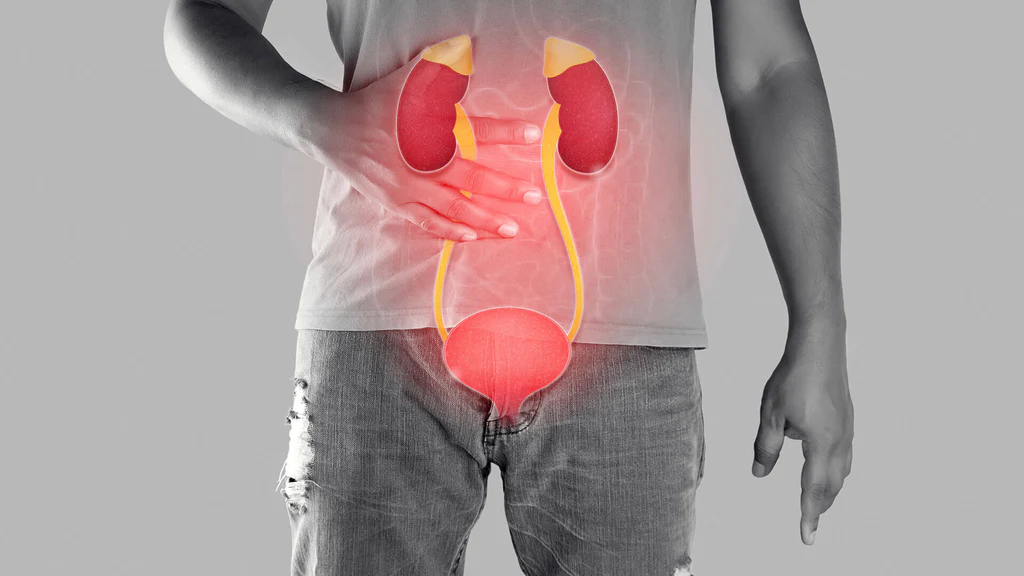Pediatrician and specialist in integrative, preventive, and conventional medicine, Candidate of Medical Sciences, Irina Yuzup, explained to SE the causes of cystitis. “Cystitis is usually caused by bacteria that enter the bladder through the urethra. Women are more prone to developing it than men because their urethra is shorter, making it easier for bacteria to enter,” the specialist explained.
Cystitis is a common inflammatory condition of the urinary tract, often infectious in nature. Symptoms include frequent and painful urination, a burning sensation during urination, cloudy urine with a strong odor, sometimes with blood, pain above the pubic bone, and mild fever. According to Irina Yuzup, factors that may trigger a cystitis episode include sexual activity (more common in women than in men) and, in some cases, spermicide used for contraception. “Any bacterial imbalance in the body can lead to an overall disruption of the microbiota and the development of cystitis,” the doctor warned.
Other causes of cystitis include obstruction of the bladder outlet, nerve damage that affects bladder control, immune system disorders (such as lupus, scleroderma, and Sjogren’s syndrome), diabetes, and kidney stones or sand. Some medications can also irritate the bladder and cause cystitis as a side effect, including diuretics, chemotherapy, and antihistamines. “Even insufficient fluid intake can provoke a cystitis episode,” Irina Yuzup concluded.
